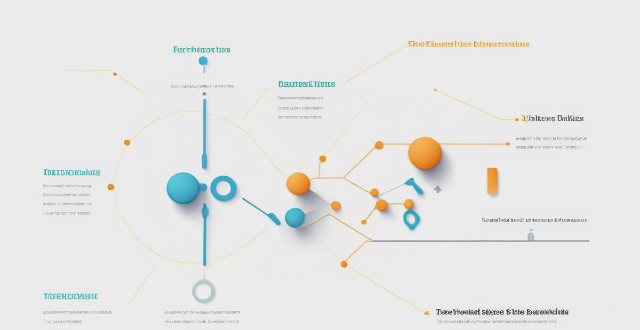The article discusses strategies for minimizing personal income tax liability, including maximizing retirement contributions, taking advantage of tax credits and deductions, considering tax-efficient investment strategies, deferring income when possible, and managing withholdings. It emphasizes the importance of careful planning and consulting with professionals to reduce one's tax burden.

How Can I Minimize My Personal Income Tax Liability?
Minimizing personal income tax liability is a common goal for many individuals. Here are some strategies that can help you reduce your tax burden:
1. Maximize Retirement Contributions
Retirement accounts such as 401(k)s, IRAs, and others offer significant tax benefits. By contributing to these accounts, you can reduce your taxable income and lower your overall tax liability.
Key Points:
- Contribute as much as possible to retirement accounts each year.
- Consider Roth options for future tax-free withdrawals.
2. Take Advantage of Tax Credits and Deductions
There are numerous tax credits and deductions available that can reduce your tax bill. Some common examples include:
Tax Credits:
- Earned Income Tax Credit (EITC)
- Child Tax Credit
- Lifetime Learning Credit
Tax Deductions:
- Mortgage interest
- Charitable donations
- State and local taxes
Key Points:
- Research and identify all applicable tax credits and deductions.
- Keep accurate records to support your claims.
3. Consider Tax-Efficient Investment Strategies
Investing in tax-efficient vehicles like municipal bonds or stocks with low turnover rates can help minimize capital gains taxes.
Key Points:
- Diversify your investments to include tax-efficient options.
- Consult with a financial advisor for personalized advice.
4. Defer Income When Possible
If you anticipate being in a lower tax bracket in the future, consider deferring income until then. This could involve delaying bonuses, postponing the sale of assets, or other strategies.
Key Points:
- Plan ahead and consult with a tax professional.
- Be aware of any potential penalties for early withdrawals from retirement accounts.
5. Manage Your Withholdings
Ensure that enough taxes are withheld from your paycheck throughout the year to avoid underpayment penalties and interest charges.
Key Points:
- Use the IRS Withholding Calculator to estimate your withholding needs.
- Adjust your withholdings as necessary throughout the year based on changes in your income or tax situation.
In conclusion, minimizing personal income tax liability requires careful planning and consideration of various factors such as retirement contributions, tax credits and deductions, investment strategies, income deferral, and withholding management. By implementing these strategies, you can potentially reduce your tax burden and keep more money in your pocket.